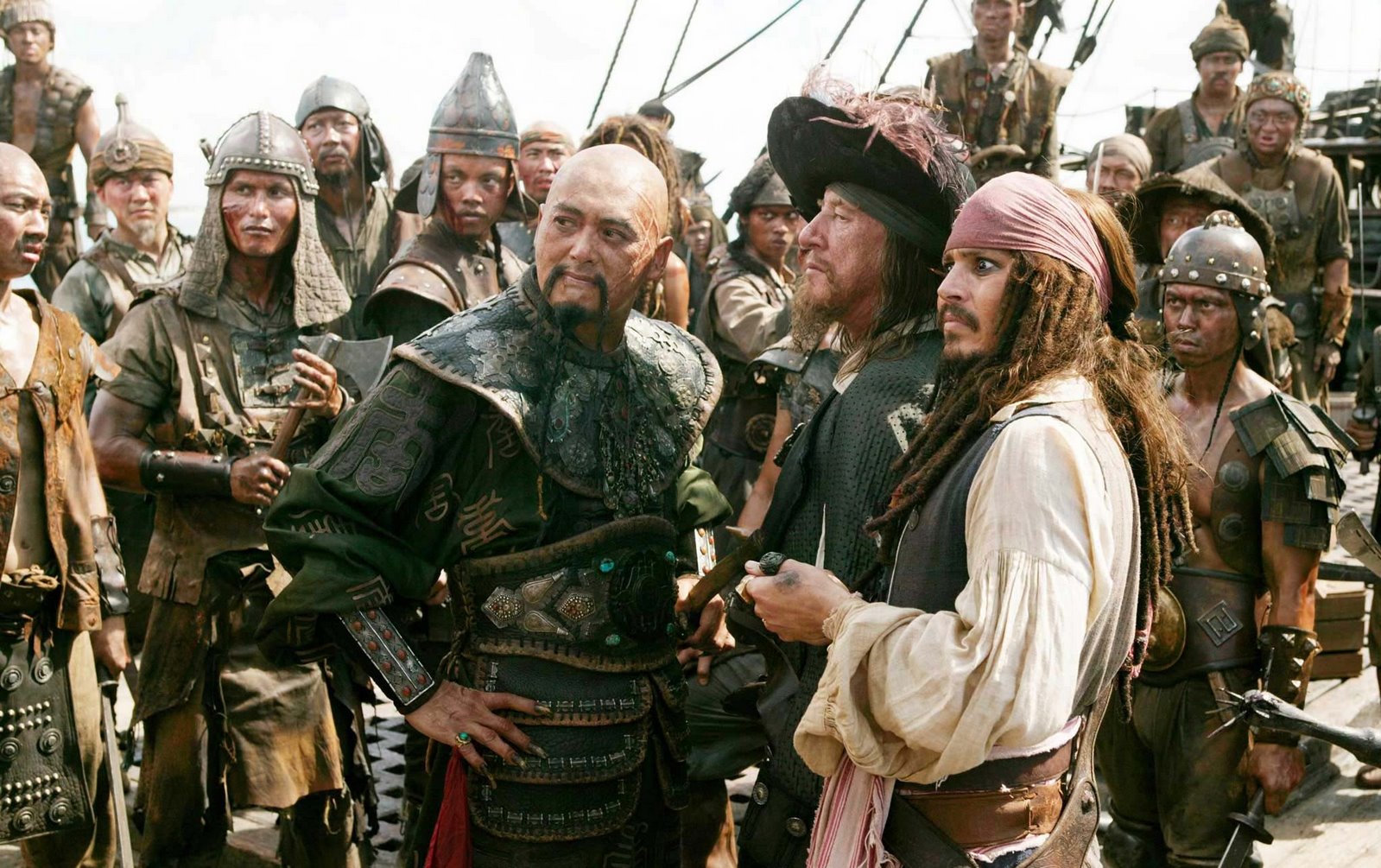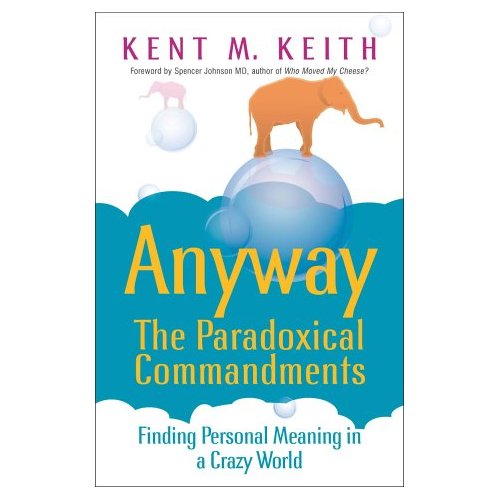
Dear Mr Verbinski,
Why can't the dead be allowed to rest in peace? Okay, they may be in their own personal vision of hell, but dammit, in life there is supposed to be some kind of karmic balance, isn't there? Good deeds should be rewarded, and bad deeds punished - in this life or another, blah blah blah.
But when scriptwriters keep resurrecting characters from the dead for no clear purpose, it shows a bankruptcy of ideas and a failure of will.
That in the end is what really bothers me about your latest installment of
Pirates of the Caribbean: At World's End, which reunites the cast of Part I and II with a few additions.
Part II ended with Captain Jack Sparrow going down with the Black Pearl after being attacked by the Kracken and betrayed by Elizabeth Swann, who feels so guilty about it all, she insists on mounting a rescue with the aid of a sorceress and the late Captain Barbossa.
In this pirate adventure, Will Turner plays tag-along, albeit a bit reluctantly, his feelings in turmoil after catching his lady love smooching ol' Jack before he died. But Will's part is further muddied by his need to save his father, Bootstrap Bill Turner, from the claws of Davy Jones and The Flying Dutchman.
So begins an almost incomprehensible tale of betrayal, double dealing, lost love, greed, swashbuckling action and a real downer of an ending.
The loyalties of the characters turn at the drop of a pin - unsurprising, as this is a pirate movie - but what really worked in Part I (and to a lesser extant in Part II) was the chemistry between the main characters. But by keeping them apart for most of the movie, you and the scriptwriters force viewers to pay attention to the plot - which is so far past inane, it's worse than ridiculous.
Take for instance the matter of Calypso - the sea goddess who was bound into human form by the 1st Brethren Court with the help of Davy Jones. After such a major build-up over what she might unleash if released from her bonds, what finally transpires is a major letdown. Hey, where are your powers, Calypso? One big whirlwind and you're done? Centuries of subjugation and a very localized maelstrom is all you can do? Jeez!
If that's not enough, the most fearsome creature from Part II, the Kracken, is summarily disposed of without so much as a goodbye. Hello? If it was too great a monster for the characters to deal with, why introduce it in the first place?
SPOILER ALERT!!!!
Actually, the character that gets the most amount of screen time is Swann (played by Keira Knightly), who seems stuck with the unenviable task of holding this hodgepodge together. Oh she tries, but the lack of a happy ending for her and Will (even with the epilogue - don't leave your seats before the end credits are over) just leaves a sour taste.
SPOILER ENDS!!!
As for Jack Sparrow, Depp is reduced to rehashing his mannerisms honed from the earlier movies. That in itself is no bad thing; but he shines when he has new material to play off, especially the scene with his father (played by Rolling Stones' Keith Richards, whom he parodied) and the bit where he's stuck in Davy Jones' Locker, slowly going insane.
You brought in Chow Yun-fat as the Pirate Lord of Singapore for this movie, but he has precious few moments on screen before he is dispatched - certainly not enough to justify all the hype. Hell, Jack the monkey gets more action that Chow - a shame really, considering what he is capable of.
Really Sir, you should have sieved through the script a little more to keep things a bit lighter and on firmed ground. Too many plot points only serves to deaden the pace, even with the numerous set pieces thrown in for good measure.
Yet, on the sum of it,
Pirates 3 is not a bad movie - it's just not on par with what we've grown to expect from Capt Jack and Co. It's still entertaining - the dialogue is snappy in bits, and the SFX is up to par. But with the obvious set up for Part IV, I can't help but think this ship is showing its age. So perhaps, it's time to decommission the Black Pearl and put her crew ashore. But that's my opinion anyway.
Till next time, your humble fan,
Mitra Themis


